
- Ulo
- Dị
- Afọ
-
Mba
Argentina Austria Australia Belgium Bulgaria Brazil Canada Chile China Colombia Czech Republic Croatia Czechoslovakia Denmark Egypt Finland France Germany Georgia Greece
Asụsụ
banye


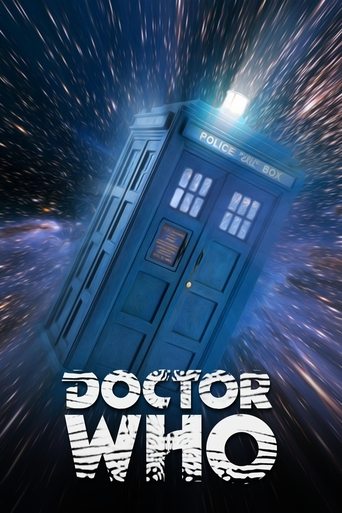
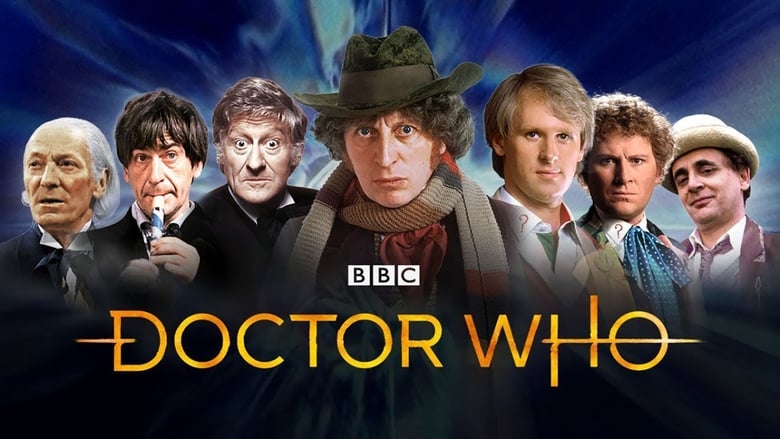
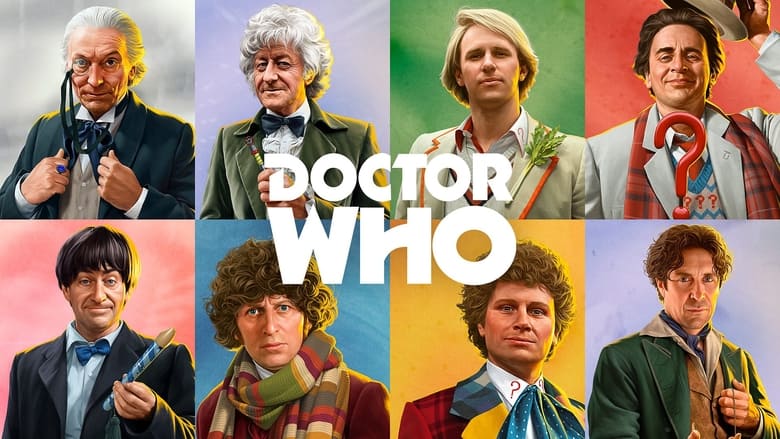
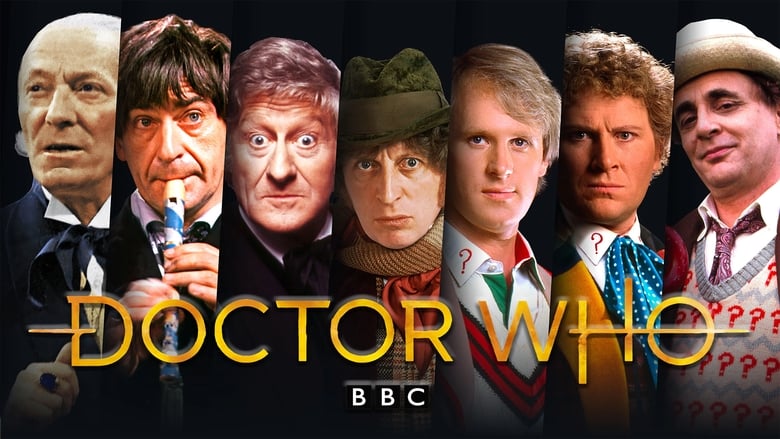











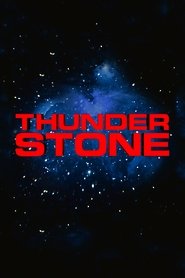
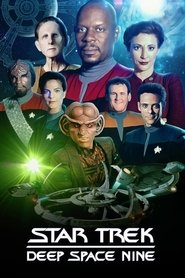

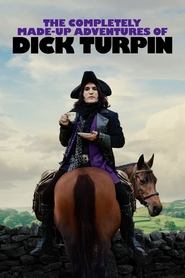





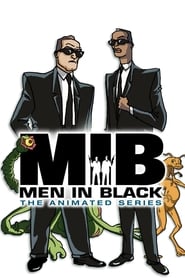

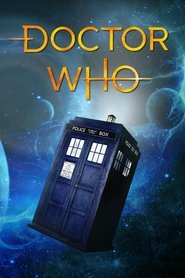
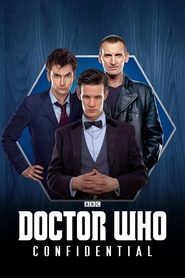
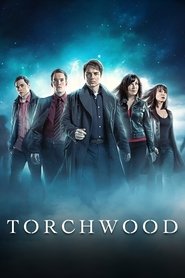

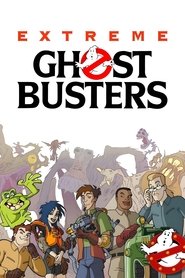
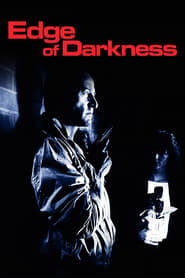


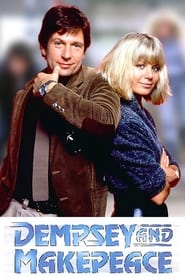

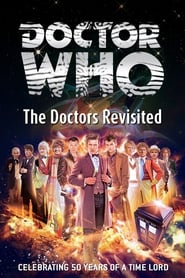


Kwuo
How do you review a show like Doctor Who that has been running for so long, enjoying dizzying highs and terrible lows (I'm looking at you The Twin Dilemma). The concept is the most open there can be. With the TARDIS the show can go anywhere and any when. This lead to a huge range in the stories, from historical with no alien involvement like The Aztecs (1964), to full on sci-fi like The Daleks (1963) and that was just the first series. The show created some of the most memorable monsters with the Daleks and Cybermen being the most famous. Even outside the recurring creatures there were fantastic adversaries like an Egyptian god bent on destruction to an alien splintered through time. Doctor Who also embraced change in the form of the regeneration. The actor playing the Doctor could change and play the part differently but it still was the Doctor. This led to changes in approach to problems and in the attitude of the central character while keeping core values the same. The Doctor is one of the few heroes who rarely resorts to violence to solve problems, usually relying on his intelligence and wits. The show also truly innovated. Many special effects were tried out for the first time on screen. It didn't always work but working with what they had they created some truly memorable television like creating a convincing lunar surface 2 years before the moon landings (The Moonbase 1967). This is my favourite of all television shows, it wasn't always perfect but I love it all the same.